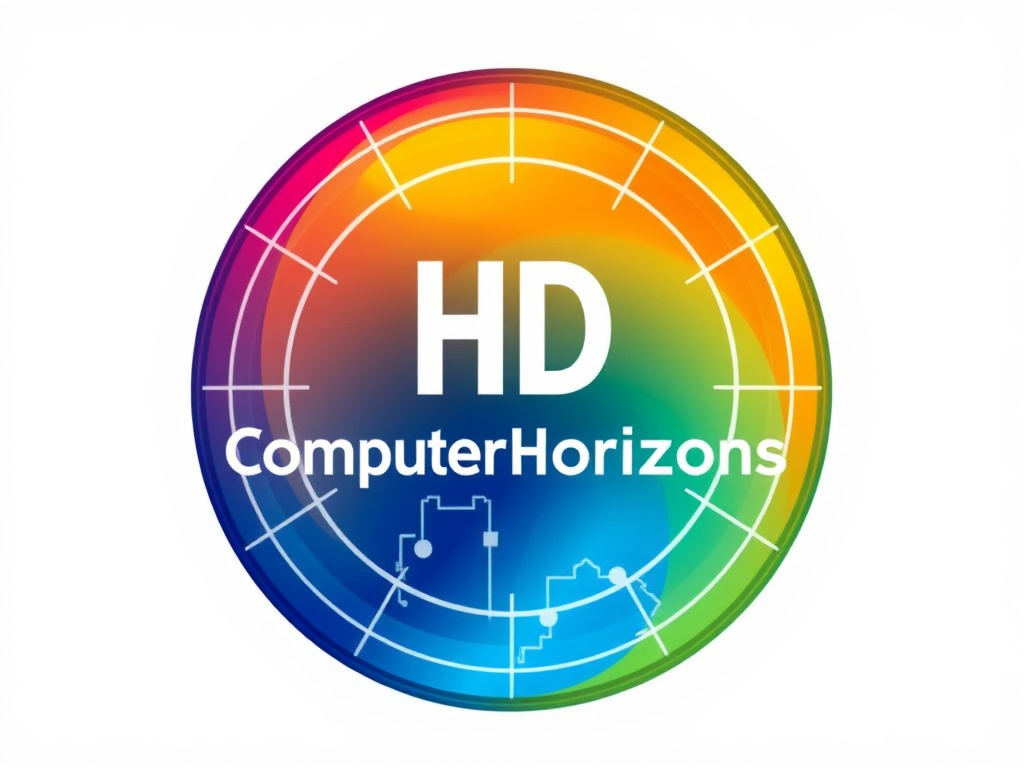University Programs Focused on Video Games
UK universities video game courses span a range of undergraduate and postgraduate degrees specifically tailored to the gaming industry. These academic programs are designed to provide comprehensive education in areas such as game design degrees, interactive media, and software development.
Leading universities in the UK offer dedicated degrees that combine creative design with technical skills. Modules often cover topics like game mechanics, narrative development, virtual environments, and programming languages relevant to game creation. Additionally, students explore user experience, AI in gaming, and multimedia production.
Also read : How Are Video Games Changing the Landscape of Computing in the UK?
Academic integration is a priority, ensuring that theoretical knowledge is paired with practical application. This may involve hands-on projects, collaboration with peers, and use of current game development tools. The curricula emphasize creativity alongside technical proficiency to prepare students for diverse roles within the gaming sector.
Through this integrated approach, UK universities video game courses equip graduates with a versatile skill set. They are prepared to enter the rapidly evolving video game industry with knowledge spanning both artistry and technology. This combination promotes innovation and aligns education with industry standards.
Additional reading : How Has the Evolution of Video Games Impacted Modern UK Computing Education?
Methods of Integrating Video Games in Education
Educational technology increasingly embraces game-based learning to enrich curricula beyond traditional gaming courses. In UK universities, game-based learning is employed not just within video game programs, but also across diverse subjects such as history, science, and language studies. This method uses interactive video games to foster deeper understanding, critical thinking, and problem-solving skills.
Gamification in higher education is another vital approach, where elements like points, badges, and leaderboards are incorporated into course design to boost student motivation and participation. This technique transforms learning into an engaging experience without altering the core content. For example, in business or computer science courses, gamification encourages competition and collaboration, making complex material more approachable.
Cross-disciplinary usage demonstrates how video games and educational technology collaborate to create immersive learning environments. Courses integrate simulations, role-playing games, and scenario-based challenges to reflect real-world applications. These techniques cultivate transferable skills, preparing students for dynamic workplaces. As a result, universities leverage game-based learning and gamification to promote active learning, catering to different learning styles and enhancing educational outcomes effectively.
Collaborations with the Video Game Industry
Partnering with the UK games sector is a cornerstone for many universities’ video game programs. These industry partnerships provide students with invaluable real-world experience through internships and placements. Companies ranging from indie developers to large studios collaborate with universities to offer opportunities that directly connect academic study with professional practice.
Academic-industry collaboration goes further by involving game developers in curriculum design. Guest lectures from industry professionals enrich courses, ensuring students learn cutting-edge techniques and industry standards. This synergy bridges gaps between theoretical knowledge and practical application.
Universities also engage in joint research projects with game studios, fostering innovation in game mechanics, AI, and immersive technologies. Such collaborations are mutually beneficial: universities advance academic research while studios gain fresh insights and access to emerging talent.
By integrating the UK games sector into educational frameworks, universities enhance student readiness for careers in game development and related fields. These partnerships exemplify the dynamic relationship between education and industry, driving both academic excellence and sector growth.
Research and Innovation in Video Game Studies
Research and innovation lie at the heart of video game research UK, driving academic exploration into the evolving landscape of digital media. Leading university research centres focus on diverse aspects, such as game mechanics, user engagement, and the social impact of games. This academic innovation often examines how serious games can be leveraged beyond entertainment, including education, healthcare, and training simulations.
Recent projects highlight innovations in virtual reality, augmented reality, and AI integration within gaming. For example, studies explore how immersive environments enhance learning outcomes or therapeutic interventions. These initiatives illustrate the transformative potential of video games as both cultural artifacts and practical tools.
Academic innovation in this field also involves interdisciplinary collaboration, combining computer science with psychology, art, and narrative studies. This richness fosters comprehensive research, producing insights that influence game design and digital media research practices.
Hence, video game research UK not only expands theoretical understanding but also encourages practical applications. Universities leading in this domain contribute notably to shaping the future of gaming technology, highlighting the critical synergy between cutting-edge research and the broader digital media environment.
Career Prospects and Emerging Trends for Graduates
Graduates of video game careers UK programs enjoy diverse opportunities across creative, technical, and managerial roles. Fields such as game design, programming, animation, and quality assurance are common pathways. Increasingly, careers extend beyond traditional game studios to sectors like virtual reality, simulation training, and interactive media production. This trend reflects the industry’s evolving demands.
Graduate outcomes demonstrate strong employability, often supported by university-industry linkages that foster job placements and internships. Alumni success stories highlight how skills gained from UK university programs translate into impactful roles, sometimes within major studios or innovative startups. These graduates typically possess a balanced skillset blending creativity and technology, aligning well with employer expectations.
The future of video game education in the UK is shaped by continuous adaptation to new technologies like AI, cloud gaming, and immersive experiences. Educational institutions are expanding curricula to address these advancements, preparing students for rapidly changing environments. Emphasis on interdisciplinary skills ensures graduates remain versatile and competitive.
By focusing on these emerging trends, UK universities maintain relevance and support graduates in navigating the broad spectrum of video game careers UK offers, reinforcing the sector’s ongoing growth and innovation.

